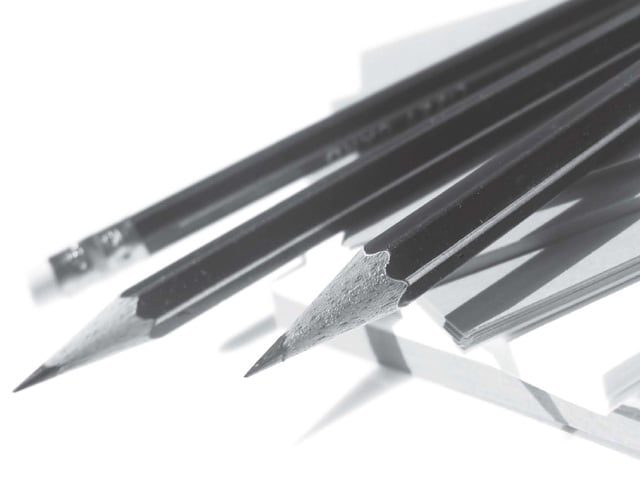
The Annual Status of Education Report (ASER), being conducted by the Idara-e-Taleem-o-Aagahi (ITA) in Pakistan to assess the outcome of education initiatives, has suffered a slight delay because of the uncertain political situation, but will be launched in the Punjab at the end of this month.
Addressing a pre-launch briefing here on Thursday, ITA officials said that the national launch had been pushed back from January 21 to January 28, but the date was tentative. Regardless, the provincial launch will go ahead on January 31, they said.
“The report offers a valid data pool for all stakeholders including the government regarding the effective execution of policies,” said ITA programmes director Dr Baela Raza Jamil. It helped establish a relationship between education initiatives and learning level. The survey is being conducted in seven countries.
ITA programmes manager Imtiaz Nizami said the report would offer the government an understanding of ground realities to interpret its policies. He said the government should use statistics in policy making and execution.

The survey began in 2008 and covered 11 districts, expanding to 32 in 2010, and 87 in 2011. The 2012 update assesses learning outcomes among school students in 136 of the 145 districts in Pakistan, including six urban districts. By 2015, the survey will have covered all the districts in the country. Nizami said that it surveyed as many as 600 household per district; in rural districts, it covered 30 villages and 20 households in each village.
The report assesses reading, basic arithmetic and writing skills among students in one government and one private school in each village, though madrassas are not covered. The assessments are done for Urdu, English, Sindhi and Pushto instruction, assessing competency levels as designed in grade 2 and grade 3 textbooks.
Nizami said that new components had been added to the 2012 survey, including the medium of instruction, the preferred medium of instruction according to the parents, the education level of the parents and the language spoken in the household. Previously, only the literacy level of the mother was assessed.

Dr Jamil lamented the lack of initiatives for promoting regional languages. “With Urdu and English being largely used in curricula, the importance of regional languages is diminishing,” she said.
The ITA officials criticised the Punjab government’s refusal to open to public debate a draft bill for the implementation of Article 25-A of the Constitution, which provides for free and compulsory education for all children aged five to 16. Though the draft bill was completed by the Education Commission of the Punjab and turned over to the chief minister two months ago, it has yet to be submitted to the Punjab Assembly secretariat.
The ITA officials said that they had tried several times to obtain a copy of the draft from the Chief Minister’s Secretariat and the Schools Education Department, but had no luck.
Published in The Express Tribune, January 18th, 2013.











1735025557-0/Untitled-(96)1735025557-0-270x192.webp)











COMMENTS
Comments are moderated and generally will be posted if they are on-topic and not abusive.
For more information, please see our Comments FAQ